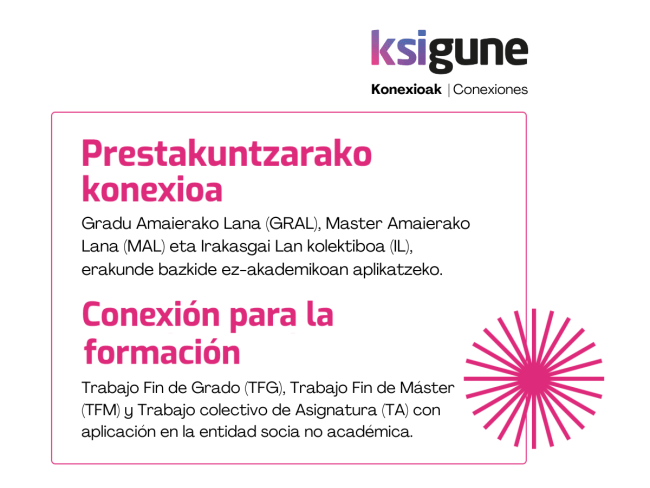Gurena etxea
Project
Final Master work
Teacher
Isabel Urbano
Faculty
IED Kunsthal
Company
Humanizza Consulting
Course
2022/2023
Description
Residential centres are a regular living space for people in different situations of dependency in which comprehensive and continuous care is provided.
In addition to quality care, they must respect autonomy, participation, integration and the HOME model. This initiative designs a pilot of a co-housing unit for a geriatric residence in the process of updating the care model.
This co-housing unit pilot project focuses on the implementation of the Person-Centred Care (PCC) model through the humanisation of space, resources and services.
This objective is achieved and articulated from three main axes: the adaptation of the space, humanised and structured in living units (graphic design/interior design/environmental graphics); the adoption of technological solutions (design of immersive environments/augmented reality/virtual reality), which facilitate autonomy and independence and the personalisation of services as well as the integration of the residence in the social community of the territory where it is located (design of services and innovation).
In 2008, the World Health Organisation defined the Person-Centred Care (PCC) model as 'care that is achieved when the person is placed at the centre where the other dimensions related to: evidence-based intervention, service organisation, team, interdisciplinarity and environment interact'.
The intervention in the Loiu Gurena Residence responds to the new conceptual models set out in the field of social and health care, mainly the Person-Centred Care model, which is committed to new forms of residential care such as Cohabitation Units. In this field, design plays a major role, understood in its broadest sense: design of spaces, design of processes, ambiance, design as a strategy for change, design of technological devices, etc.
This new paradigm aims to overcome the compartmentalised actions and the tendency to rigidity of the classical individual care model, all accompanying individuals in their participation and community interaction. It involves 'moving from a reactive (single
disease-focused, fragmented and paternalistic) approach to a more creative and proactive, holistic and deliberative approach that encourages the active participation of individuals and communities in empowerment, shared decision-making, self-management and caregiver training'. It is therefore a cultural change in social and health care that must allow progress to be made towards the deinstitutionalisation of people with dependency and illness.

